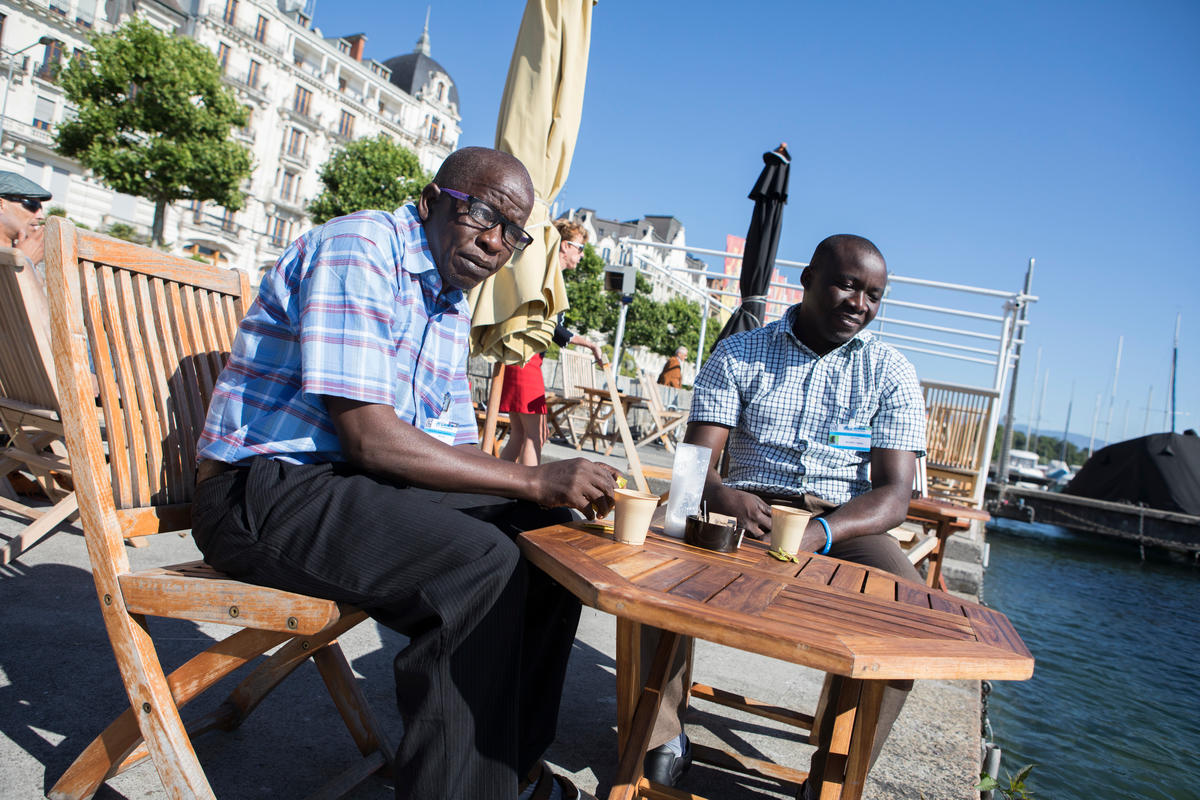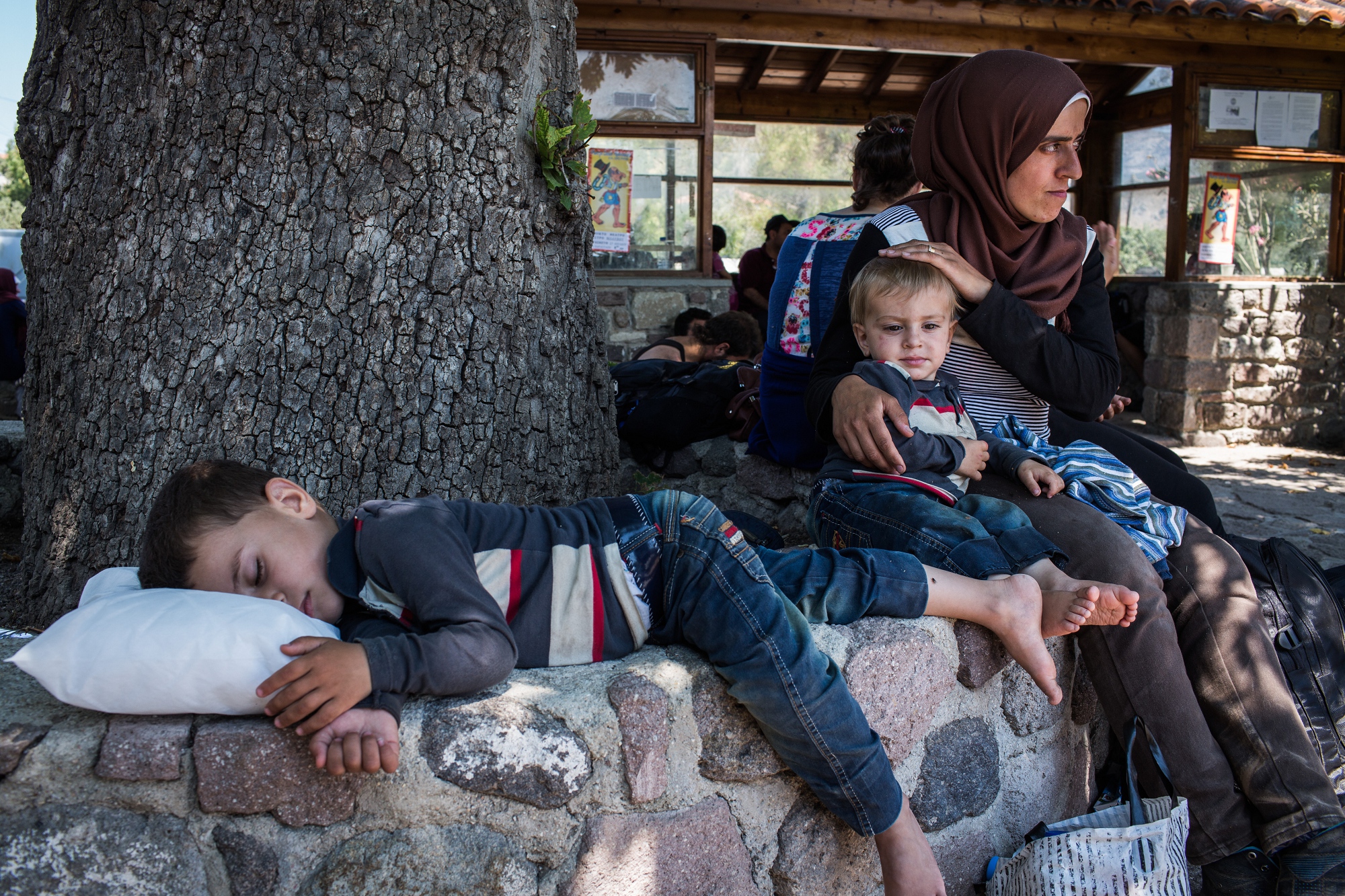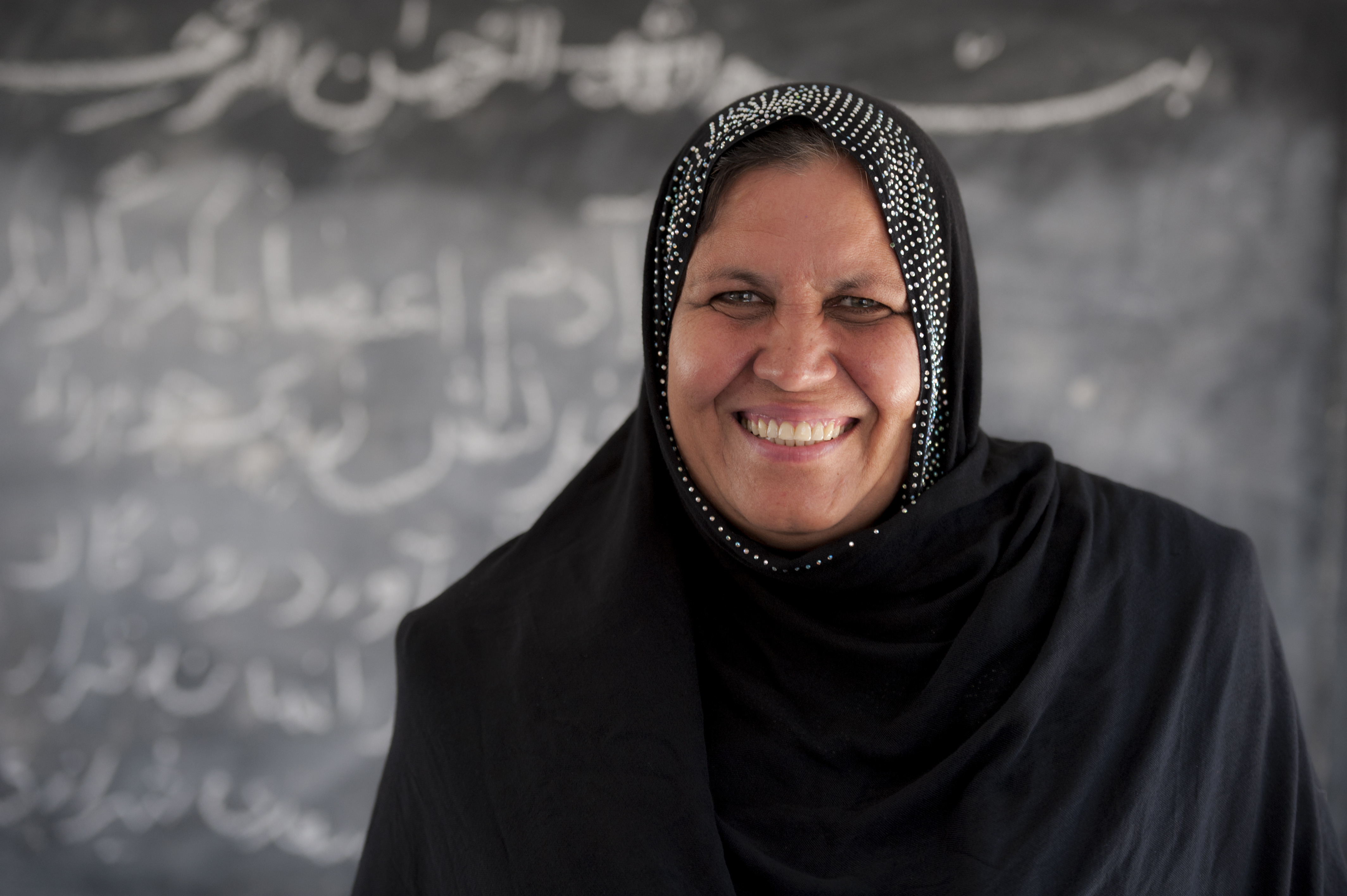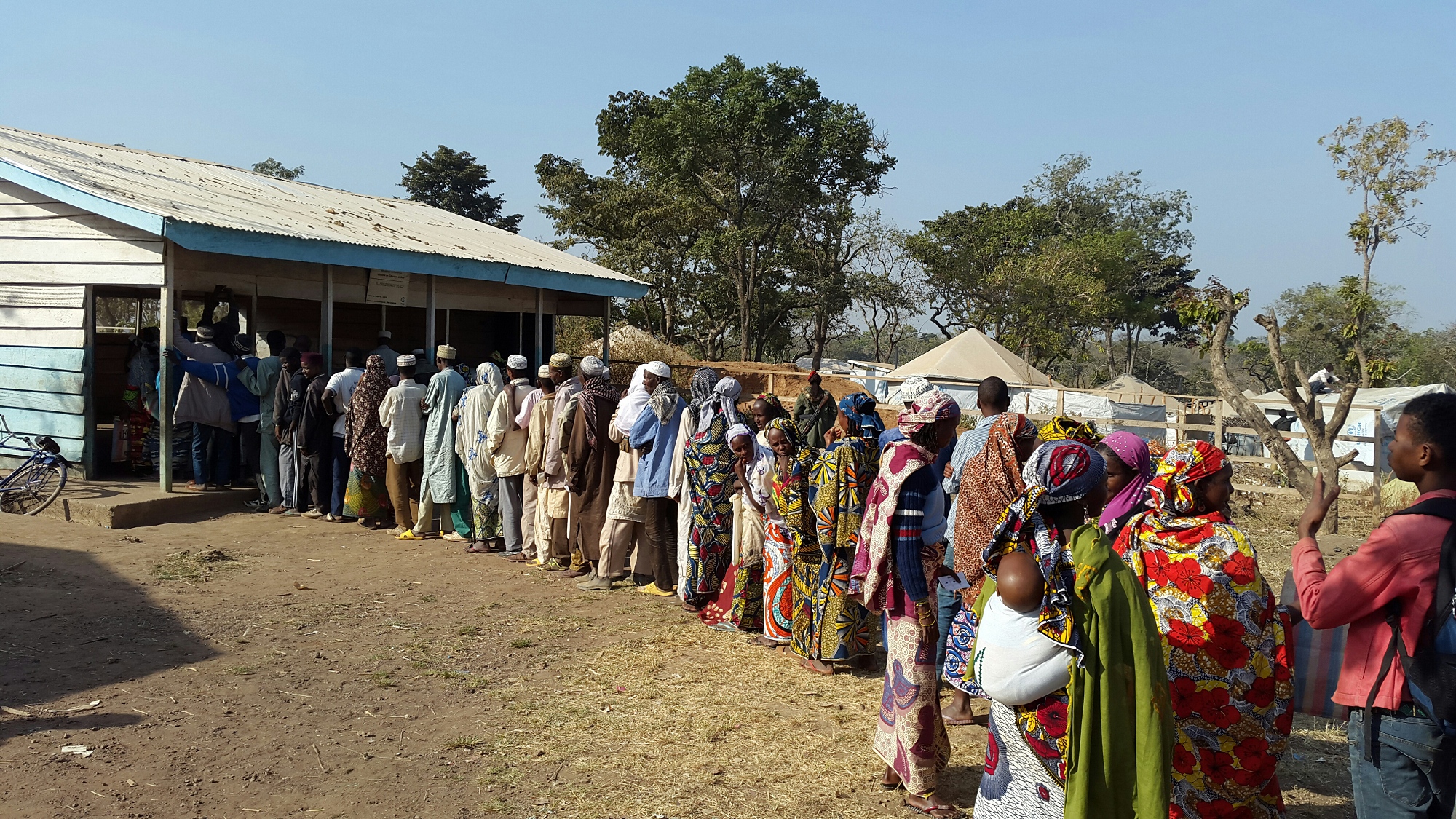Q&A: Maltese lawyer stands up for boatpeople
Q&A: Maltese lawyer stands up for boatpeople

GENEVA, September 21 (UNHCR) - Lawyer Katrine Camilleri was named earlier this week as winner of the 2007 Nansen Refugee Award for her courageous work defending the rights of refugees and migrants in Malta. She first became interested in the plight of refugees in the mid-1990s, before joining the Jesuit Refugee Services (JRS) and eventually working full-time on the issue. With a rise in the number of asylum seekers, irregular migration has become a controversial issue in Malta and many people resent her work. Camilleri spoke recently with UNHCR Senior Media Officer William Spindler. Excerpts from the interview:
Tell us about a typical working day in your life
My days are all different; that is one of the nice things about my work. Apart from working on cases, I have to do things like administration and project management. I see people who come to us because they need legal assistance. Most of our work is focused on detention centres; we offer legal assistance and basic information to those in detention.
We have a project with UNHCR aimed at preventing and responding to sexual and gender-based violence among those in detention. We also provide social work and provide psychological support and assistance, depending on people's needs.
What is the most difficult part of your job?
Without doubt, working in an environment of detention. People are deprived of their liberty and that is very hard. They are often held in very difficult conditions. They have not committed any crime, so there is a sense of injustice. They arrive in Malta by boat, and the first thing they know of in Malta is that they are put in a detention centre. This is really a very difficult environment to work in.
When we talk about their rights with them, we often face suspicion. It is difficult to gain the trust of people deprived of their freedom. They have never lived in Malta, they know only the detention centre. Sometimes we watch how people just crumble in front of you and this has a deep impact on our work. This affects how they relate to us. You see people suffering and you have no miracle solution to offer to them.
In addition, you often have to advocate for people who are not trusted [by the public] and portrayed in a negative light [by the media]. This is difficult. You are defending people who are unpopular, and the population is often hostile to them. People are not sympathetic.
Why are Maltese people hostile to boat people?
You do find people who are sympathetic but, in general, Maltese are afraid. Malta is very small and we are acutely aware of how limited our resources are. People feel that there is barely enough for us and now we have to deal with what is perceived as a mass influx of people who are so different from how Maltese perceive themselves. There is some prejudice. I am not saying that all Maltese are bigoted or racist, they are not, but there is a sense of fear.
Some of this hostility was directed at you. Can you tell us about it?
My car and the door of my house were set on fire. The motivation for these attacks was never stated. There were other attacks against the Jesuit community at the same time. Houses of journalists were also targeted. In that context, it was assumed that the attacks were a result of our stand in favour of human rights, refugees' rights, respect for other people and tolerance.
Are there any positive stories that have inspired you?
Every time we make a difference to an individual's life, that is something that always encourages us to continue, in spite of the fact that the bigger picture does not change that easily. When you can see the change that you have made, that is extremely encouraging.
Asylum seekers themselves are inspiring; their support, their courage and their hope encourages us to continue to work in very difficult circumstances. I have come across individual asylum seekers who inspired me because of their commitment, because they themselves had fought for what they believed in. They were inspiring individuals.
I am also part of a team that is really committed to working for the people we serve. In a big or small way we all make a difference at the end of the day, and that is the most important thing.
What happens to boat people when they land in Malta?
Most people are rescued at sea; there are incidents when only a small number of people survive. There are also people who land directly in Malta. Whether they are brought in or they land here, they are taken to register with the immigration police. There is a brief security check-up and people who need medical treatment are referred to a hospital. After registration, they are transferred to a detention centre.
People who are obviously vulnerable, such as pregnant women, families with small children or people whose disability is obvious are immediately referred by the immigration authorities to a government agency. This body [the Organization for the Integration and Welfare of Asylum Seekers], assesses whether they should be released or not. Until this is done, people are kept in detention.
Detention centres hold a mixture of people. The majority are young men who arrive in Malta alone, but there are also women and children. They are all detained together, with hardly any supervision. In one centre, single men, women and families with children are all kept in the same centre. There is no separate accommodation for men and women. Everyone is detained together. Facilities are far from ideal: toilets, showers, they are all shared. There are not even locks on the doors.
Vulnerable immigrants can spend two or three weeks or even longer, at times months, in detention. It is difficult for adults, let alone children, to be allowed in the open air only two or three times a week. Imagine being locked with small children and even newborn babies in a centre which is only a corridor with lots of dormitories.
The authorities deny that this is a form of deterrence. If that is the intention, it will not work because very few people want to come to Malta. It is not what they find here, but what they are leaving behind that pushes them to move on.
The official reason is that there is a lack of resources, but it would not take much to improve conditions. There are often not enough clothes, shoes, furniture - only bunk beds, not chairs. It would be possible to make small changes which could make a substantial improvement and would not require massive resources; separate sanitary facilities, adequate respect for privacy and so on.
Should Malta be getting more help and support in shouldering the burden?
Malta has obvious limitations, maybe more than many other countries. There is an unfortunate tendency in Europe to push the issue of immigrants to the border states, which are the least equipped and experienced in dealing with this problem.
The Maltese government and those of other new member states of the EU [European Union] need support as they are the border states of the EU. There should be a more equitable way of sharing responsibilities. The Maltese government has responsibilities, but so do other governments.







